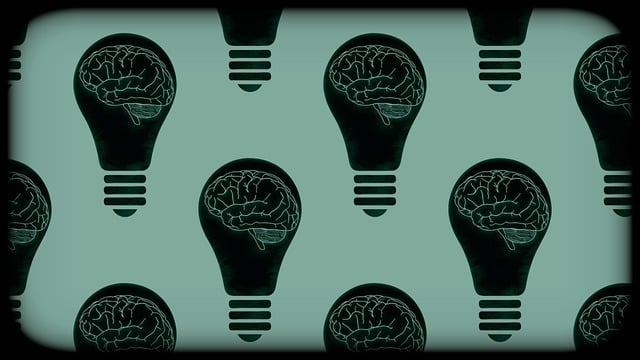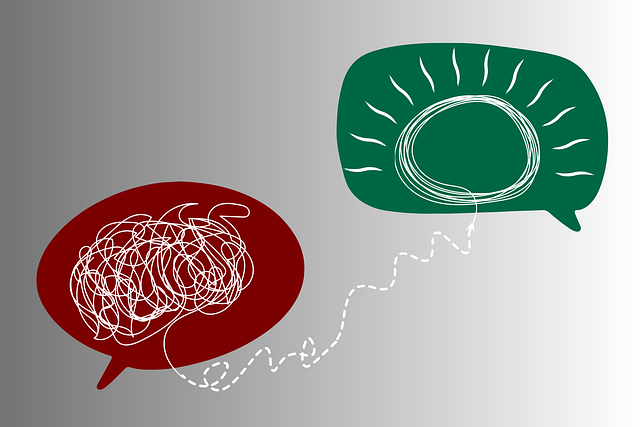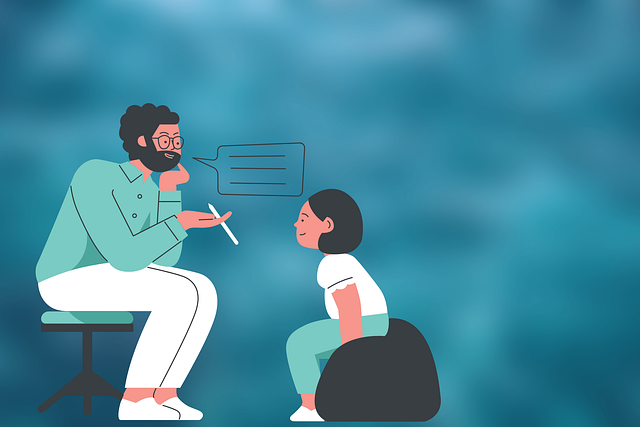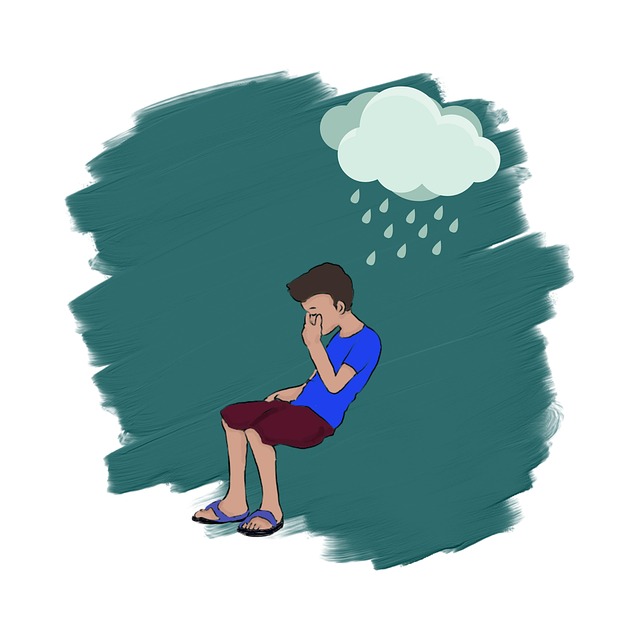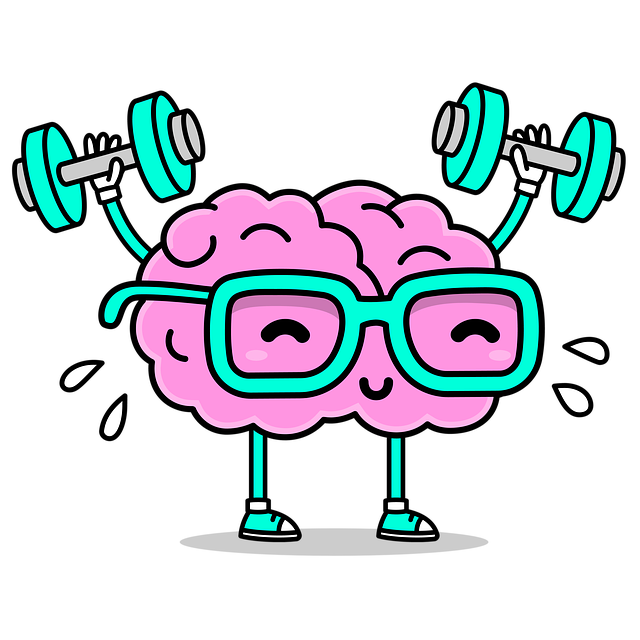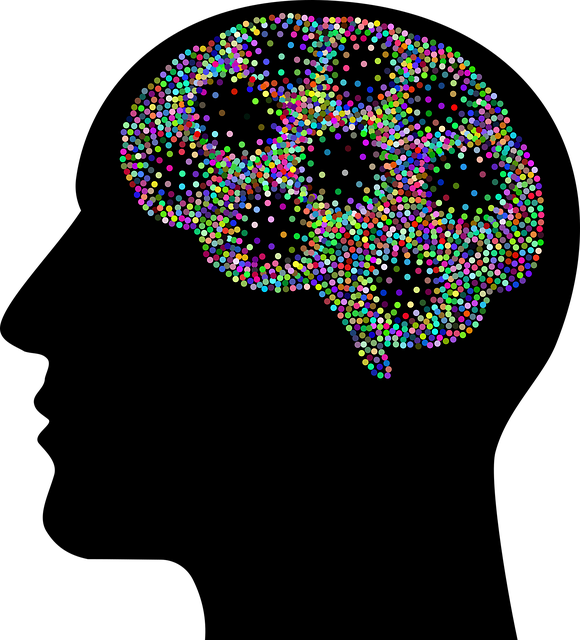Mindfulness meditation, rooted in ancient Buddhist traditions, serves as a powerful tool for young adults, especially bilingual individuals, to navigate modern life's pressures. Tailored practices enhance mental wellness, self-awareness, and emotional regulation. Creating supportive environments and incorporating both languages in therapy improves connection with the self and encourages identity exploration. This inclusive approach boosts confidence and mood management skills, making mindfulness a crucial consideration for modern mental health programs targeting young adults. Engaging in podcasts and online communities further enriches the experience, as targeted SEO keywords like "therapy for young adults bilingual" underscore its relevance.
“Unwind your mind and embrace a transformative journey with mindfulness meditation, tailored specifically for young adults. This practical guide offers valuable insights into harnessing the power of this ancient practice for modern lives.
Explore strategies like ‘Understanding Mindfulness Meditation for Young Adults’ to initiate your path. We also delve into the benefits of creating a bilingual environment for enhanced focus and accessibility. Additionally, learn how to seamlessly integrate mindfulness into your daily routine, offering techniques to cultivate a peaceful mind amidst life’s chaos. Discover the ultimate therapy for young adults seeking mental balance.”
- Understanding Mindfulness Meditation for Young Adults
- Creating a Bilingual Environment for Effective Practice
- Incorporating Mindfulness into Daily Routine
Understanding Mindfulness Meditation for Young Adults

Mindfulness meditation has emerged as a powerful tool for young adults seeking to navigate the complexities of modern life. This practice, rooted in ancient Buddhist traditions, encourages individuals to focus on the present moment, cultivating awareness and acceptance without judgment. For young adults, who often face pressures from academics, social media, and personal expectations, mindfulness offers a therapeutic approach to manage stress and anxiety.
In the context of therapy for young adults bilingual in nature, mindfulness meditation becomes an accessible means to enhance mental wellness. Bilingual individuals may experience unique challenges related to identity, cultural integration, and language switching. Mindfulness practices, tailored to these specific needs, can help them develop a deeper sense of self-awareness and emotional regulation. By integrating the Mind Over Matter principles into their daily routines, young adults can improve their overall mental health and learn valuable coping strategies for life’s challenges. Additionally, a comprehensive Risk Assessment for Mental Health Professionals is essential to ensure safe and effective guidance in this realm.
Creating a Bilingual Environment for Effective Practice

Creating a supportive environment is key to effective mindfulness meditation practice, especially for young adults seeking therapy in a bilingual setting. When designing mental health education programs, consider incorporating both languages to cater to diverse learners. Bilingual environments can boost confidence and enhance mood management skills, allowing individuals to connect with their inner selves more deeply. By blending cultural elements and language preferences, these programs offer a unique and inclusive experience.
This approach not only supports the development of mindfulness but also encourages participants to explore their identities. Incorporating bilingual practices into therapy sessions can foster a sense of belonging and improve overall mental health outcomes. It is a powerful tool that respects individual needs and promotes effective learning in various contexts, making it an essential consideration for modern mental health education programs designed with young adults in mind.
Incorporating Mindfulness into Daily Routine

Incorporating mindfulness into your daily routine can be a game-changer for young adults seeking therapy or looking to boost their mental wellness. It’s an accessible practice that doesn’t require any special equipment, just a willingness to pause and pay attention. Start small by dedicating 5-10 minutes each day to mindfulness meditation, especially in the morning or before bedtime. This simple act can help cultivate present-moment awareness, reduce stress, and improve focus throughout the day.
For bilingual individuals, there are unique benefits to incorporating mindfulness. It offers a space to explore and appreciate different cultural perspectives and languages, fostering empathy building strategies for navigating a diverse world. Consider joining a mental wellness podcast series production focused on mindfulness for young adults or engaging in online communities where you can share experiences and learn from others on similar journeys.
Mindfulness meditation offers powerful tools for young adults seeking mental well-being and personal growth. By understanding its fundamentals, creating supportive environments with a focus on bilingual practices, and seamlessly integrating it into daily routines, individuals can unlock the therapeutic benefits of mindfulness. These strategies empower young adults to navigate life’s challenges with greater clarity and resilience.

